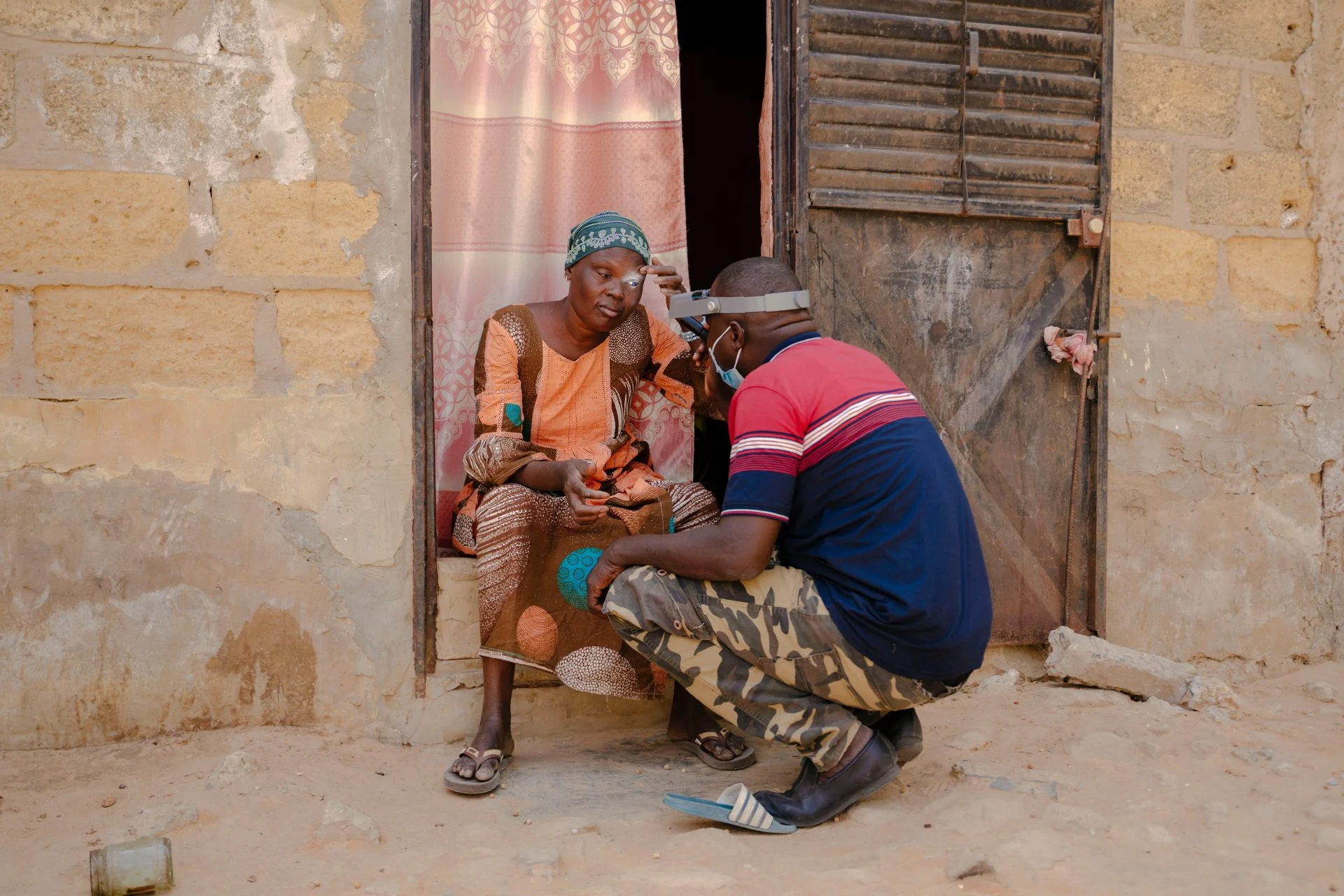
Senegal has been officially validated by the World Health Organization (WHO) as having eliminated trachoma as a public health problem, becoming the ninth country in WHO’s African Region to reach this milestone.
“I commend Senegal for freeing its population from this disease,” said Dr Tedros Adhanom Ghebreyesus, WHO Director-General.
“This milestone is yet another sign of the remarkable progress being made against neglected tropical diseases globally, and offers hope to other countries still working to eliminate trachoma.”
Trachoma, a leading infectious cause of blindness, has been documented in Senegal since the early 1900s.
Surveys in the 1980s and 1990s confirmed it as a major public health issue.
Senegal joined the WHO Alliance for the Global Elimination of Trachoma in 1998, carried out its first national survey in 2000, and completed comprehensive mapping by 2017, with support from the Global Trachoma Mapping Project and Tropical Data.
Senegal’s commitment was rooted in integrating trachoma elimination into broader eye health strategies under the National Program for Blindness Prevention (PNLC) and later the National Program for the Promotion of Eye Health (PNPSO).
“Today we celebrate our victory against trachoma, 21 years after the one against dracunculiasis,” said Dr Ibrahima Sy, Senegal’s Minister of Health and Social Action. “This new milestone reminds us that our overarching goal remains a Senegal free from neglected tropical diseases. We are fully committed to this, and we are making good progress, notably against human African trypanosomiasis (sleeping sickness) and onchocerciasis.”
Senegal implemented the WHO-endorsed SAFE strategy—surgery, antibiotics, facial cleanliness, and environmental improvement—reaching 2.8 million people across 24 districts. Azithromycin, the antibiotic used, was donated by Pfizer through the International Trachoma Initiative.
This is the second neglected tropical disease eliminated in Senegal, following Guinea-worm disease in 2004. Senegal now joins a global group of 25 countries recognized for eliminating trachoma, including Ghana, Morocco, India, and Cambodia. Overall, 57 countries have eliminated at least one neglected tropical disease.
“Trachoma has cast a shadow over communities in Senegal for more than a century. This long-awaited validation is not only a milestone for public health but a powerful tribute to the tireless dedication of frontline health workers, communities, government leaders, and partners who never gave up,” said Dr Jean-Marie Vianny Yameogo, WHO Representative in Senegal. “Today, we close a chapter that began over a hundred years ago, united with pride, gratitude and resolve.”
Despite this progress, trachoma remains a public health issue in 32 countries, with 103 million people still at risk. WHO’s African Region remains the most affected, home to 93 million people in vulnerable areas as of April 2024. However, the number of those requiring antibiotic treatment in the region has fallen from 189 million in 2014 to 93 million—marking a 51% reduction.
WHO continues to support Senegal in monitoring areas previously affected by the disease, ensuring it does not resurge.



